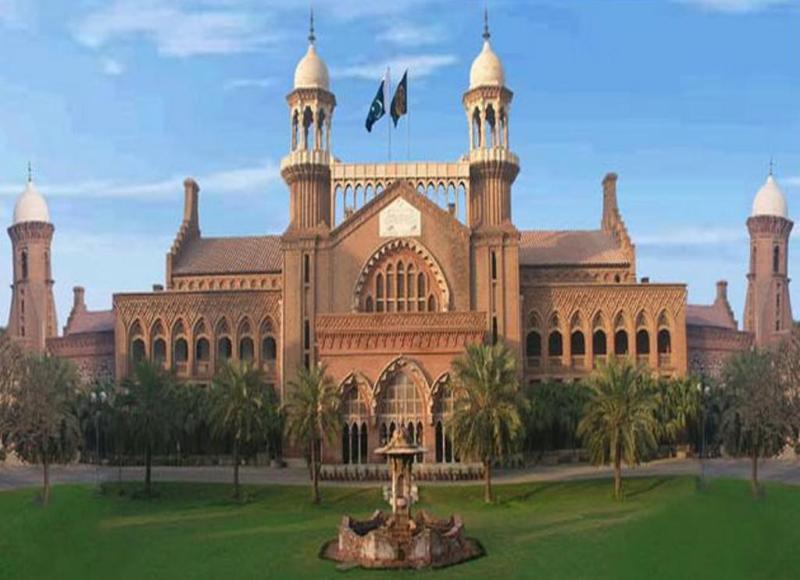
Lahore High Court Chief Justice Syed Mansoor Ali Shah initiated this revolutionary step from Lahore two months back, which is delivering successfully. The initiative is scheduled to be introduced throughout the province by deputing mediators in all the districts. The CJ announced this during last week while awarding certificates to 61 successful mediators on completion of their training course.
Accepting the bitter reality with open heart, the CJ said there were 1,700 judges in the subordinate judiciary of the province and more than 1.3 million cases were pending before them. “Pendency of the cases is a bitter reality and they cannot be resolved through adjudication instead there should be arbitration to resolve them,” he said.
Manhandling judge: Court gives last chance to lawyers
ADR is an out-of-court settlement of disputes through various modes such as arbitration, mediation, conciliation, early neutral evaluation and facilitation. The ADR offers mainly two major advantages like quick resolution of disputes and a relief for the courts handling bulk of cases which is beyond human capacity to deal with.
In different times, several steps were taken to introduce the ADR but to no avail. A new Section 89-A was inserted in the Code of Civil Procedure, 1908, (CPC) which empowers the court to adopt the ADR. A complementary addition was made to Order X of the CPC through Rule 1-A authorising the court to conduct preliminary proceedings and issue necessary orders for expediting the process of trial. Moreover, the Small Claims and Minor Offences Ordinance was also promulgated in 2002. But a common problem in our country is that while many laws are made, they are never fully implemented, hence many people remain devoid of justice. Introduction of ADR by the top judge of the Punjab is a serious and practical step to make this effort a success if practised persistently and with devotion.
The foreign models of ADR, which are working successfully in developed countries, have evolved over a long period of time. They took a long time before gaining acceptability as reliable methods of dispute resolution. There are numerous laws providing for ADR in Pakistan. The Family Laws envisage arbitration in matrimonial disputes. Similarly, the Conciliation Courts Ordinance, 1961 prescribes a full-fledged mechanism for out-of-court settlement of certain categories of civil disputes and criminal matters.
More avenues to facilitate ADR system should be explored which require not only legislation but several other measures for its success. Such steps include orientation of lawyers to persuade their clients for an amicable settlement, public awareness to inform the litigants to avail ADR. The contribution of social workers and NGOs can help spread awareness to establish necessary forums and conduct proceedings for ADR instead of relying on conventional courts.
Published in The Express Tribune, May 22nd, 2017.


1730464111-0/raygun-(1)1730464111-0-165x106.webp)
1730967569-0/BeFunky-collage-(28)1730967569-0-165x106.webp)
1730967164-0/trump-(21)1730967164-0-165x106.webp)












COMMENTS
Comments are moderated and generally will be posted if they are on-topic and not abusive.
For more information, please see our Comments FAQ